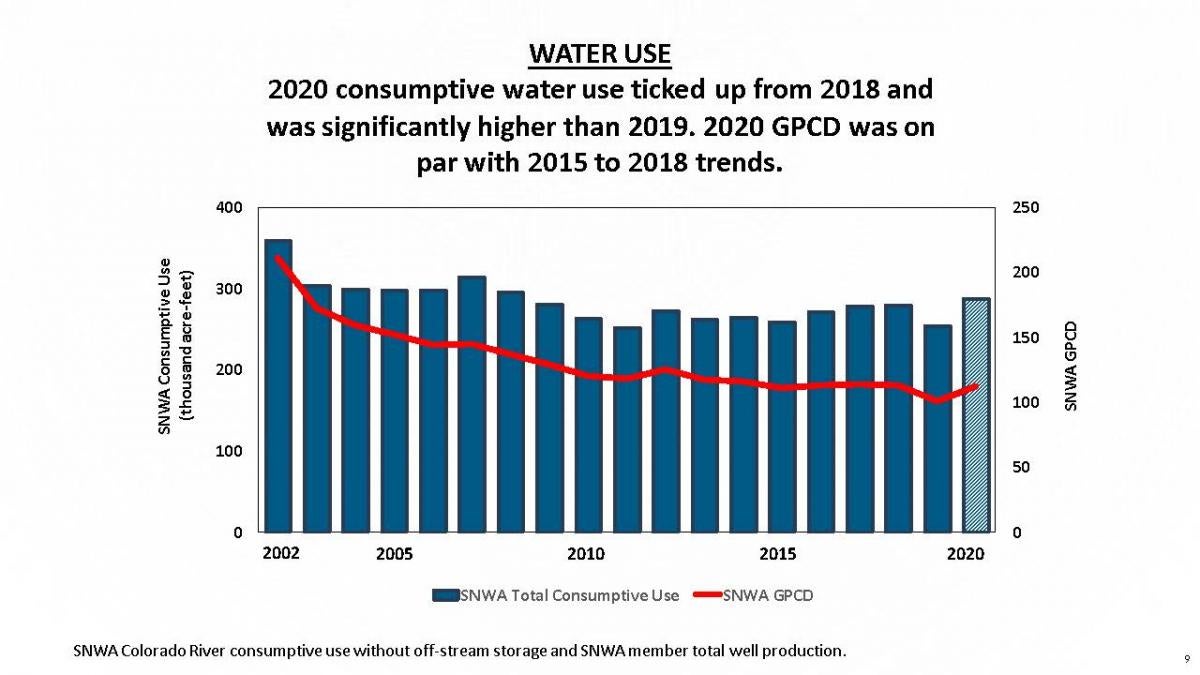

Las Vegas officials say they have removed nearly 4,000 acres of grass, with plans to rip up 3,000 more.

In addition to paying rebates, the Southern Nevada Water Authority sponsors landscaping contests and offers homeowners free, downloadable designs, divvied into categories, such as “pool-friendly” and “child-friendly.” “We went to Las Vegas before we started our program,” said Penny Falcon, water conservation policy manager at the Los Angeles Department of Water and Power, which has pushed lawn makeovers since 2009. Las Vegas has become an unlikely water-saving mentor - visited by fact-finding groups from South Korea, Israel and neighboring California. “You don’t need wall-to-wall carpeting if an area rug will do,” Mack said. The message: Don’t “feed it!” as the TV lawn-care pitchman purrs in his Scottish brogue. Arizona and Utah also have lawn rebate programs. The Southern Nevada Water Authority pays $1.50 per square foot of lawn replaced with desert landscaping, up to 5,000 square feet. “In the long run, many homeowners realized they weren’t really using the grass until they pushed a lawn mower across it,” Mack said.Įven before Brown’s order, some of California’s 411 water districts offered rebates - now as much as $3.75 per square foot - to persuade homeowners to give up on grass. “We had to find a way to make them rethink the best use of grass in an arid environment.”Īfter years of gentle prodding that included common-sense community seminars on water-saving tips, many Las Vegas lawns have now morphed into environmentally sustainable spaces with desert landscaping. “We reminded everyone they live in the Mojave Desert,” said Bronson Mack, a spokesman for the Southern Nevada Water Authority, an umbrella group comprising seven water agencies.

Transplants wanted to keep a grassy aesthetic they’d grown up with in Chicago or Charlottesville. Many natives insisted they were entitled to their lawns, drought be damned. In southern Nevada, this has been a hard sell. “In the arid West, we will one day look back on lawns like we now do littering, smoking in bars and public urination.” “They’re absolutely absurd, but we love them,” Pollan said.

He tore up the front lawn of his Berkeley home in 2006, replacing it with a vegetable garden.


 0 kommentar(er)
0 kommentar(er)
